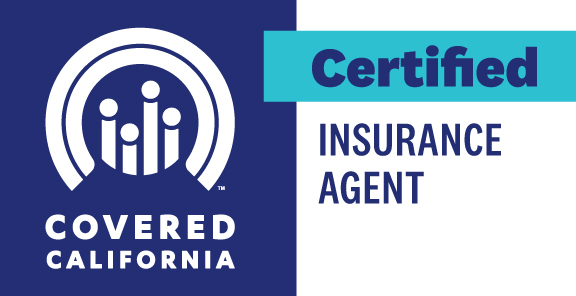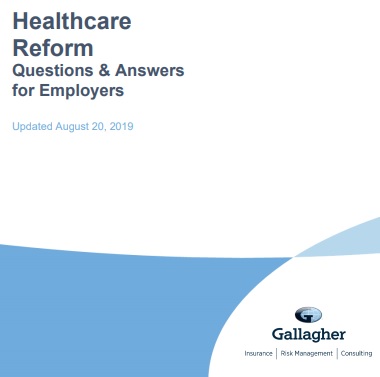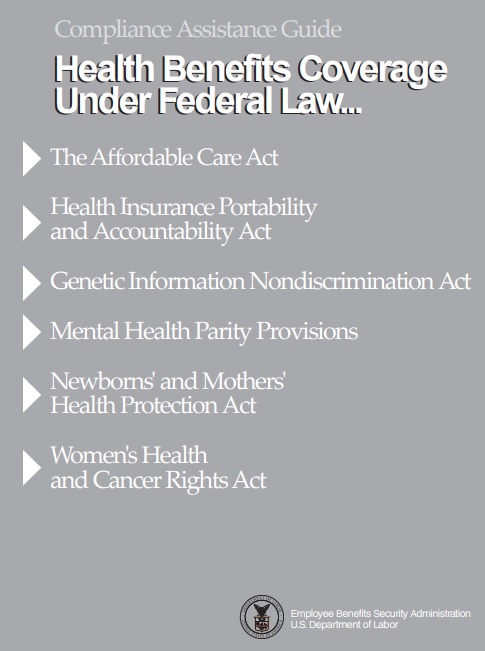California SB 1375 Prohibits Employer Association Health Plans AHP’s
California Law SB 1375 Hernandez prohibits?
(must comply with ACA protections)
Association Health Plans AHP
California’s legislators expressed concern about the relaxed rules for AHPs and particularly wanted to protect the smallest businesses from the perceived risk of having inadequate coverage or signing on with a plan that was poorly funded. or didn’t include essential benefits, see our webpage for details.
which modifies existing law by:
- redefining “eligible employee” to specifically exclude sole proprietors and their spouses and partners and their spouses when there are no other employees in the business.
- These excluded individuals are not permitted to purchase small group health plans and instead must purchase coverage in the individual market.
- Get instant quotes for the Individual market Direct or Covered CA Quotit.com
From a practical standpoint, this means that “owner-only” groups where there are no other employees or where the spouse is the only other employee, will not be able to purchase coverage in the small group market nor in any current AHP or in any AHP established in the future.
However, SB 1375 specifically excludes members of AHPs known as MEWAs (Multiple Employer Welfare Arrangements) from the “eligible employee” redefinition and as such SB 1375 does not impact MEWAs or their members. Claremont Companies * . Insure Me Kevin.com * DOL Final rule 29 CFR 2510* CA fight against Trump sabatoge * CA SB 1375
Just Enter your census or securely send us an excel spreadsheet or a list of employees and get instant proposals
for all these companies that we are Authorized Agents for in California
All our Health plans are Guaranteed Issue with No Pre X Clause
Instant Quote & Subsidy #Calculation
There is No charge for our complementary services, we are paid by the Insurance Company.
- Our Quote Engine Takes all the complexity out of using pencil and paper to figure out the premiums per the Obamacare/ACA rules under CFR §1.36B-3 *
- We are authorized Brokers for Dental, Vision & Covered CA get instant quotes direct and in Covered CA with subsidy calculation for:
- Watch our 10 minute VIDEO that explains everything about getting a quote
MEWAs
Multiple Employer Welfare Arrangements under the
Employee Retirement Income Security Act (ERISA):
A Guide to Federal and State Regulation
Brother - Sister - Sibling Side Pages Subpages
- View our website with your Desktop or Tablet for the most information
Links & Resources
- Definition of “Employer”—Association Health Plans Federal Register
- Association Health Plans Get Assist From Business Groups, GOP
- Junk Short Term Plans?
- House Proposal to Promote Association Health Plans Poses Risks for Insurance Markets, Consumers
- Junk health insurance
Stingy plans may be worse than none at all - Assoc Plans coming back??? Mike Lujan
- New Regulations?
- Trump administration rolls out health plan rules that could weaken Obamacare January 2018
Health Coverage #Guide
Art Gallagher
Health Care Reform FAQ's
Understanding Health Reform
***********************************
Compliance #Assistance Guide from DOL.Gov Health Benefits under Federal Law
- Health Care Reform Explained Kaiser Foundation Cartoon VIDEO
- Choosing a Health Plan for Your Small Business VIDEO DOL.gov
- ACA Quick Reference Guide California Small Group Employers Revision 2020 Word & Brown
- kff.org/health-policy-101/
- Health Savings Accounts








